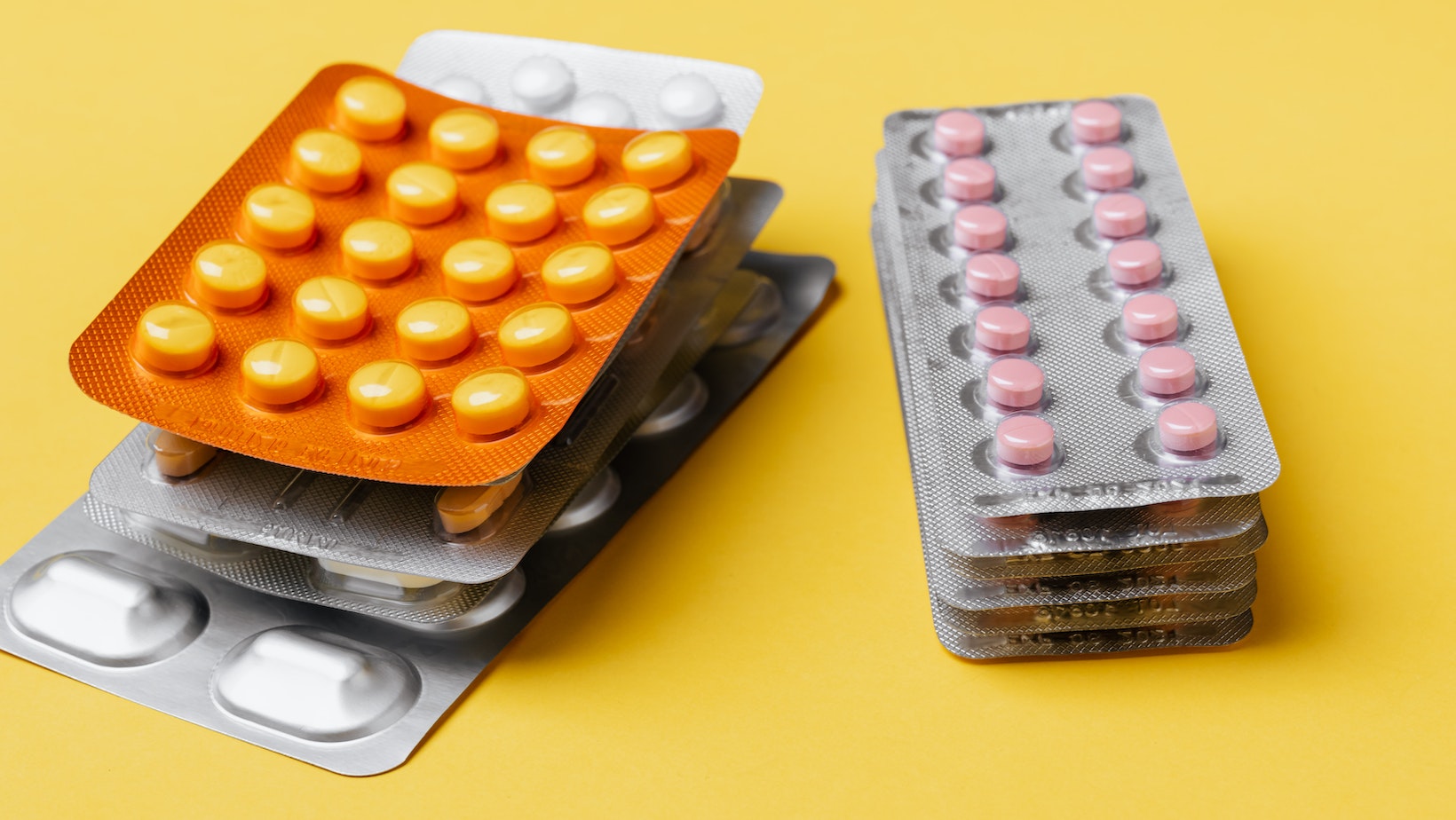
Can You Take Pepto And Tums
One common question that often arises is, “Can you take Pepto and Tums together?” Both Pepto-Bismol (which contains bismuth subsalicylate) and Tums (which contains calcium carbonate) are over-the-counter medications used to relieve various gastrointestinal symptoms. While they work in different ways, there are instances where it may be safe to take them together under certain conditions.
It’s important to note that I am not a medical professional; therefore, it’s always best to consult with your healthcare provider or pharmacist before combining any medications. They can provide personalized advice based on your specific health situation.
Here are a few things to consider:
- Combination of Antacids: Tums is an antacid that works by neutralizing excess stomach acid. It can provide quick relief from heartburn, indigestion, and acid reflux. Pepto-Bismol, on the other hand, has both antacid and anti-inflammatory properties. While it may seem tempting to combine these two for stronger relief, using multiple antacids simultaneously can potentially lead to an excessive reduction in stomach acid levels.
- Bismuth Subsalicylate Interaction: Pepto-Bismol contains bismuth subsalicylate, which is chemically related to aspirin (acetylsalicylic acid). Taking both Pepto-Bismol and aspirin or other salicylates at the same time might increase the risk of salicylate toxicity. Therefore, if you’re already taking any medication containing salicylates or have a known sensitivity or allergy to aspirin products, it’s generally advisable to avoid combining them with Pepto-Bismol.
- Potential Interactions: It’s crucial to be aware of potential drug interactions when considering combining medications like Pepto-Bismol and Tums with other prescription drugs or supplements you may be taking. Certain medications, such as antibiotics or blood thinners, may interact with either Pepto-Bismol or Tums, affecting their effectiveness or causing adverse reactions. Always consult your healthcare provider about potential interactions before taking multiple medications together.
While there may be instances where it’s safe to take Pepto and Tums together for gastrointestinal relief, it’s essential to seek professional medical advice to ensure that it is appropriate for your specific circumstances. Your healthcare provider can provide personalized guidance based on your health history and the medications you are currently taking.

Possible Side Effects Of Using Pepto And Tums
When it comes to taking any medication or over-the-counter remedies, it’s important to be aware of potential side effects. While Pepto-Bismol (Pepto) and Tums are commonly used for digestive issues, it’s essential to understand the possible adverse reactions that could occur.
- Upset stomach: Ironically, both Pepto and Tums can cause an upset stomach in some individuals. This can manifest as nausea, bloating, or discomfort in the abdominal area. If you experience these symptoms after taking either medication, it’s advisable to discontinue use and consult a healthcare professional.
- Constipation: One possible side effect of prolonged use of Pepto is constipation. The active ingredient in Pepto-Bismol called bismuth subsalicylate can slow down bowel movements and potentially lead to constipation. It is recommended not to exceed the recommended dosage or duration of use mentioned on the product label.
- Discoloration of tongue or stool: Pepto-Bismol may temporarily cause a harmless discoloration of the tongue or darkening of the stool due to its ingredients reacting with trace amounts of sulfur in your body. These changes are typically temporary and will resolve once you stop using the product.
- Calcium carbonate overload: Tums contains calcium carbonate as its main active ingredient, which can lead to an excessive intake of calcium if consumed in large quantities or for an extended period. Excessive calcium levels may contribute to kidney stones formation and other complications related to hypercalcemia.
- Drug interactions: Both Pepto-Bismol and Tums have the potential for drug interactions with certain medications such as antibiotics, blood thinners, antacids containing aluminum/magnesium hydroxide, etc. It is crucial to consult your healthcare provider before taking these medications together with any other prescribed drugs.
It’s crucial always to read and follow the instructions on the packaging of any medication, including Pepto and Tums. If you experience severe or persistent side effects, it’s vital to consult a healthcare professional for further guidance.










